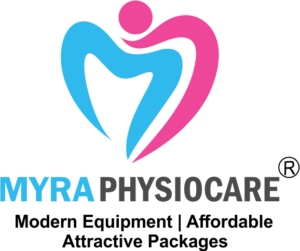Rickets is a condition that affects bone development in children, typically due to a deficiency in vitamin D or calcium. Physiotherapy can be a helpful treatment option for individuals with rickets because it can help to improve mobility, strength, and bone health.
Rickets physiotherapy
Here are some ways that physiotherapy can help individuals with rickets:
- Exercise prescription: A physiotherapist can create a customized exercise program that is tailored to the individual’s needs and goals. This may include exercises to improve bone strength and density, as well as exercises to improve overall strength, flexibility, and balance.
- Weight-bearing exercises: Weight-bearing exercises can help to improve bone health by placing stress on the bones, which can stimulate bone growth and strength. A physiotherapist can prescribe weight-bearing exercises that are appropriate for the individual’s age, condition, and abilities.
- Posture correction: Rickets can affect the way a child stands and moves, which can lead to poor posture and balance. A physiotherapist can help to correct posture and improve balance through exercises and techniques.
- Pain management: Rickets can cause pain and discomfort in the bones and joints. A physiotherapist can provide pain management techniques, such as massage, heat therapy, and stretching, to alleviate pain and improve comfort.
- Education: A physiotherapist can educate the child and their parents on the importance of proper nutrition, including adequate vitamin D and calcium intake, for bone health. They can also provide information on safe and effective exercise techniques.
Overall, physiotherapy can be a helpful treatment option for individuals with rickets. It can improve mobility, strength, and bone health, and provide pain relief and education on proper nutrition and exercise techniques. A physiotherapist can work with the child and their family to create a customized treatment plan that is tailored to their individual needs and goals.
